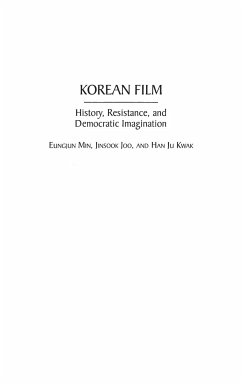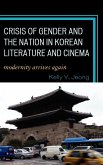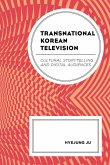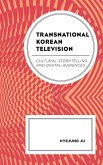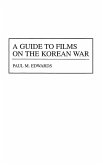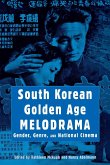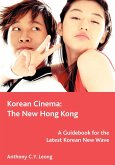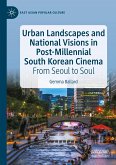Despite its rise in the global market, recent political progress, and a surging interest worldwide, Korean films are relatively unknown and rarely studied. This new work begins by investigating the history, industry structure, and trends of filmmaking in Korea, going on to examine how Hollywood films have affected both Korean mainstream and nonmainstream film industries in terms of both means of production and narrative. Moreover, the authors analyze the ways in which Korean films of recent years have represented the modernization process in Korea itself, as well as the ideological implications that arise from the cinematic constructions of Korean imagination. More than a mere chronological account of Korean cinematic history, ^IKorean Film^R attempts to consider the films as a popular cultural form that have a life beyond their theatrical runs: stars, genres, and key movies become part of any culture's identity, and in their narratives and meanings can be located evidence of the ways in which a culture makes sense of itself. Korea has never before been given such an extensive treatment of this central idea, and here for the first time, the nation's culture and cinema are merged into one discussion that both reflects and shapes our understanding of it.
Hinweis: Dieser Artikel kann nur an eine deutsche Lieferadresse ausgeliefert werden.
Hinweis: Dieser Artikel kann nur an eine deutsche Lieferadresse ausgeliefert werden.

